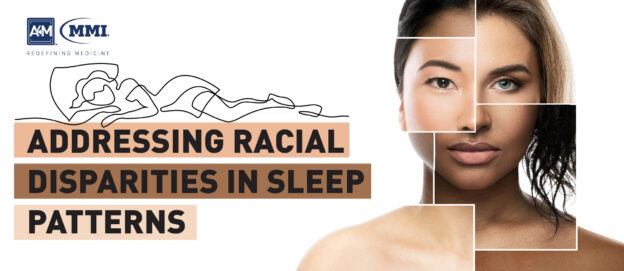The detrimental effects of systemic racism are evident across the healthcare system with increasing data signaling the many adverse health outcomes associated with racial disparities in health, patient outcomes, and more. Not only do pervasive racial inequities affect the accessibility of healthcare for disadvantaged groups, but they also predispose certain racial groups to experience health conditions at higher rates. Educational and prevention efforts often do not cater to the most disadvantaged groups; meanwhile, many health issues stem from modifiable lifestyle factors which prove to be rooted in systemic inequity.
One such lifestyle factor and a key component of maintaining overall health is sleep, which is also necessary for improving concentration, preventing depression, and promoting weight management thereby reducing the risk of cardiovascular disease. Per CDC recommendations, a minimum of 7 hours of sleep per night is considered healthy for adults, however, statistics indicate that many individuals do not get nearly enough sleep on a regular basis – with inequities most evident between racial groups.

